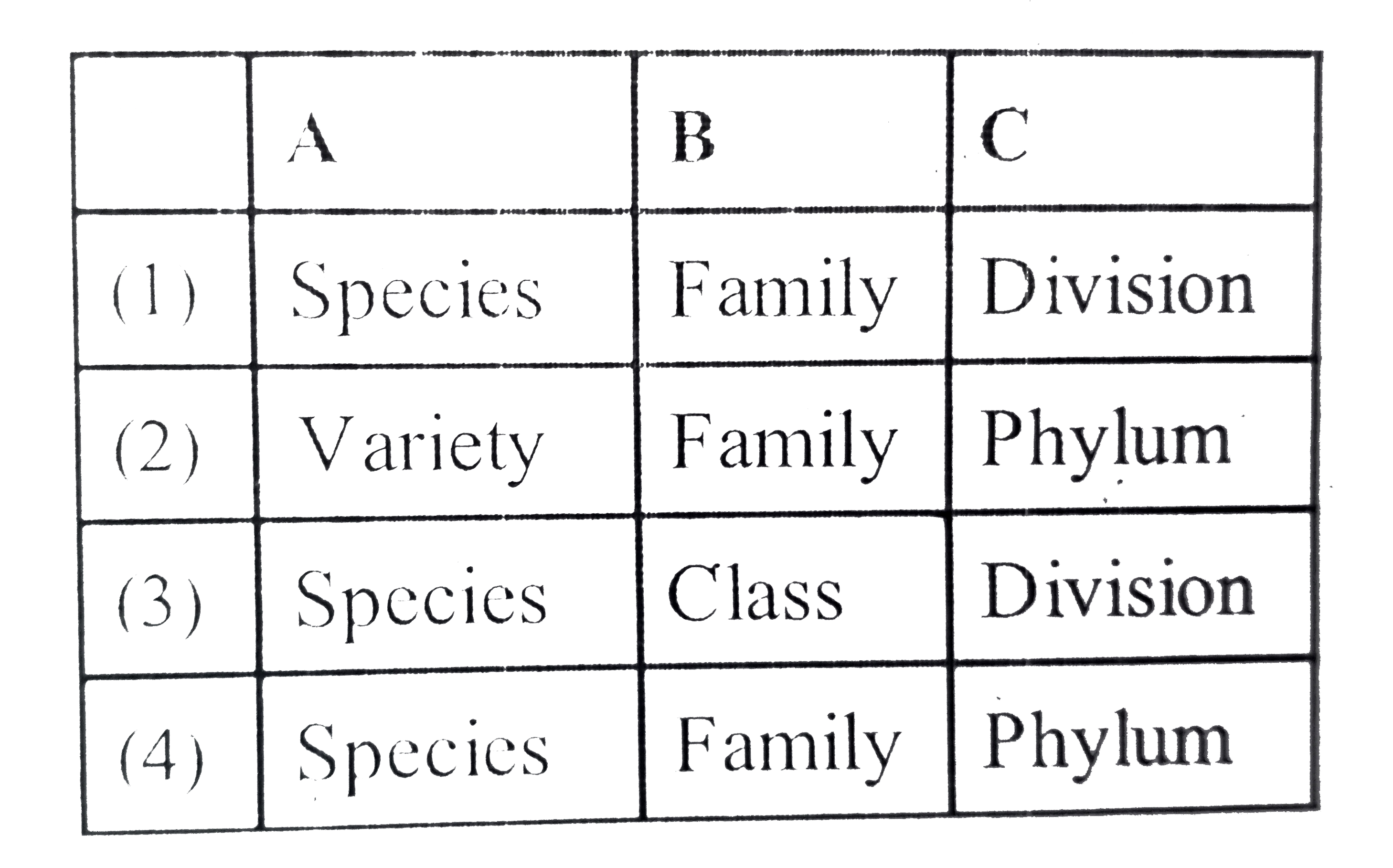While doing a PCR, 'denaturation' step is missed. What will be its effect on the process?
Step-by-Step Solution:
1. Understanding PCR:
- PCR, or Polymerase Chain Reaction, is a technique used to amplify specific segments of DNA. It consists of three main steps: denaturation, annealing, and extension.
2. Identifying the Denaturation Step:
- The first step, denaturation, involves heating the double-stranded DNA (dsDNA) to separate it into two single strands. This is crucial for the subsequent steps.
3. Effect of Missing the Denaturation Step:
- If the denaturation step is missed, the dsDNA will not separate into single strands. This means that the template DNA remains double-stranded.
4. Consequences on Subsequent Steps:
- Since the dsDNA does not split, the primers used in the annealing step will not have single-stranded templates to bind to. Consequently, the annealing process cannot occur.
5. Outcome of the PCR Process:
- Without the annealing of primers, the extension step cannot take place either. Therefore, the polymerization chain reaction will not occur, and no amplification of the DNA will happen.
6. Conclusion:
- In summary, missing the denaturation step in PCR results in the failure of the entire amplification process, as the necessary single-stranded templates for primer binding and subsequent DNA synthesis are not available.
- PCR, or Polymerase Chain Reaction, is a technique used to amplify specific segments of DNA. It consists of three main steps: denaturation, annealing, and extension.
- The first step, denaturation, involves heating the double-stranded DNA (dsDNA) to separate it into two single strands. This is crucial for the subsequent steps.
- If the denaturation step is missed, the dsDNA will not separate into single strands. This means that the template DNA remains double-stranded.
- Since the dsDNA does not split, the primers used in the annealing step will not have single-stranded templates to bind to. Consequently, the annealing process cannot occur.
- Without the annealing of primers, the extension step cannot take place either. Therefore, the polymerization chain reaction will not occur, and no amplification of the DNA will happen.
- In summary, missing the denaturation step in PCR results in the failure of the entire amplification process, as the necessary single-stranded templates for primer binding and subsequent DNA synthesis are not available.
Topper's Solved these Questions
- BIOTECHNOLOGY : PRINCIPLES AND PROCESSESBOOK - ICSECHAPTER - BIOTECHNOLOGY : PRINCIPLES AND PROCESSESEXERCISE - PRACTICE QUESTIONS (VERY SHORT ANSWER TYPE QUESTIONS)
16 Videos
- BIOTECHNOLOGY : PRINCIPLES AND PROCESSESBOOK - ICSECHAPTER - BIOTECHNOLOGY : PRINCIPLES AND PROCESSESEXERCISE - PRACTICE QUESTIONS (SHORT ANSWER TYPE-I QUESTIONS)
13 Videos
- BIOLOGY-2016BOOK - ICSECHAPTER - BIOLOGY-2016EXERCISE - PART-II ( SECTION-C)
9 Videos
- BIOTECHNOLOGY AND ITS APPLICATIONS BOOK - ICSECHAPTER - BIOTECHNOLOGY AND ITS APPLICATIONS EXERCISE - COMPETITION CORNER (OBJECTIVE TYPE QUESTIONS (ASSERTION AND REASON TYPE QUESTIONS))
9 Videos
Similar Questions
A wire is replaced by another wire of same length and material but of twice diameter.
(i) What will be the effect on the increases in its length under a given load?
(ii) What will be the effect on the maximum load which it can bear?
View SolutionIf the amplitude of a wave is doubled, what will be the effect on its loudness ?
View Solution
Knowledge Check
What is the first step in selling process.
APreparationBCreates prospectingCApproachDPresentation
Excess of CO2 is liable to warm troposphere. What will be its effect on stratosphere?
View SolutionSuppose the earth stops rotating about its axis what will be its effect on the weight of a body.
View SolutionIf the earth, were suddenly contracted to (l/n)th of its present radius without change in its mass, then what will be the effect on the duration of the day.
View SolutionThere is a sequence of hierarchy, but some steps are missing. What will be there in place of (A), (B) and (C) for classification a plant.
Subsecies →(A)→Genus→(B)→ order → class →(C)→ Kingdom

View SolutionA liquid is in equilibrium with its vapour in a sealed container at a fixed temperature. The volume of the container is suddenly increased.
a. what is the initial effect of the change on vapour pressure?
b. How do rates of evaporation and condensation change initially?
c. What happens when equilibrium is restored finally and what will be the final vapour pressure?
View SolutionWhat is oogenesis. What are its main steps?
View SolutionWhat is the oxidation state of Ni in its purification by Mond process ?
View Solution
